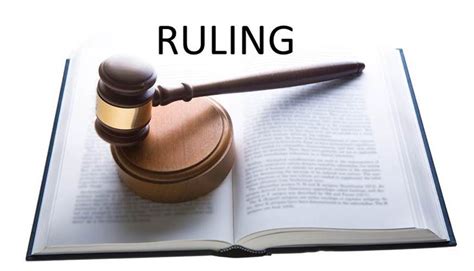COURT: Exclusion of Evidence-Biased Training-Lack of X-Examination-Low Evidentiary Standard May Have Violated Student’s Due Process Rights
Since 2011, there have been more than 400 lawsuits brought in federal and state courts by accused students alleging they were denied a fair process in campus sexual misconduct adjudications. Recently, a federal court in Mississippi denied the University of Mississippi’s motion to dismiss a student’s claim that the university violated his due process rights in numerous ways during the sexual misconduct investigation and hearing that ultimately left him suspended. The case stems from a sexual encounter between the plaintiff, an Ole Miss student proceeding as Andrew Doe, and his date.
His date, a fellow student known as Bethany Roe, never filed a complaint against Doe. According to Doe’s lawsuit, the complaint was filed by one of Roe’s friends, and Roe herself told law enforcement that although both students had been drinking, the sex had been consensual. Roe did not participate in the campus disciplinary proceedings against Doe. Doe’s lawsuit alleges the university violated his due process rights in a number of different ways. Doe alleges that the Title IX investigator, Honey Ussery, deliberately refused to consider certain exculpatory evidence, including Bethany Roe’s statements to law enforcement that the sex was consensual, when preparing her investigative report for the hearing panel. He also alleges that the materials used to train the hearing panel were unfairly biased in favor of complainants, implying that “when complainants withhold exculpatory details or lie to an investigator or the hearing panel, those lies should simply be considered a side effect of an assault.” The court allowed Doe’s due process claim to proceed on these impartiality grounds, holding that “there is a question whether the panel was trained to ignore some of the alleged deficiencies in the investigation and official report the panel considered. Coupled with the alleged deficiencies in the investigation, it is plausible that the scales were tipped against Doe” in a manner that violated his due process rights… The court’s decision is already the fifth opinion of 2019 involving lawsuits brought by a student accused of sexual misconduct on campus; four of those five decisions have been favorable to the accused student.
thefire.org By Samantha Harris

